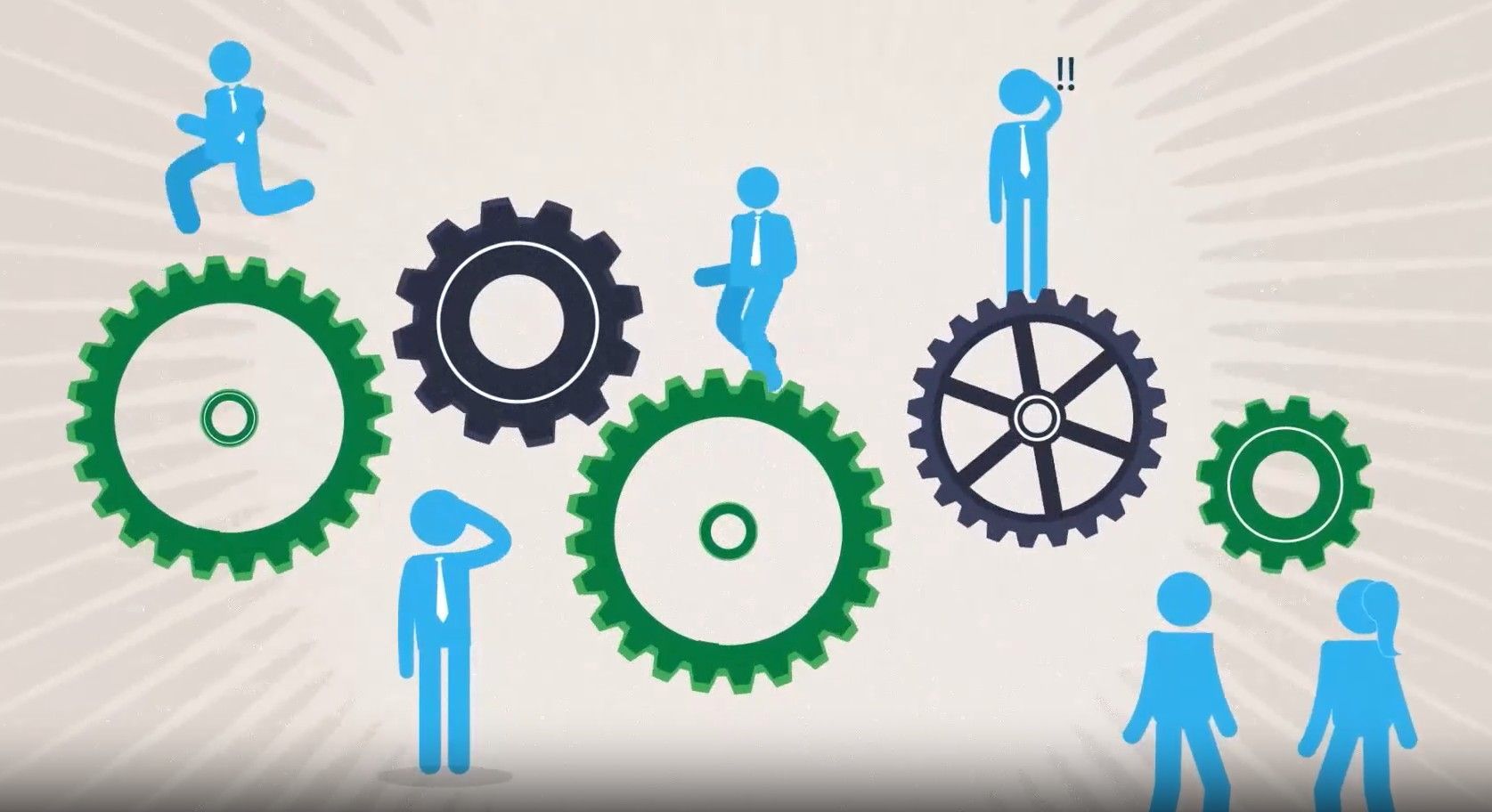Founders: Want to Grow Your Young Company Faster?
August 14, 2025
By Scott Kraege, Guest Columnist
To Our Readers: Scott Kraege is managing director of The Heritage Group Accelerator Powered by Techstars . He’s also a former client whose salespeople participated in our consultative sales training—in fact, winning one of our annual contests—and whose sales processes we helped to develop. We applaud Scott’s work that provides such direct, hands-on support to other high-growth founders.
As a serial entrepreneur, I’ve been founding companies for twenty years. A few are successful, a few aren’t, and, for a few, in truth, we’re just waiting to see what happens. (Well, not “just waiting,” really. That’s something successful entrepreneurs rarely do.)*
One key lesson every founder learns about growth is that there is no silver bullet, no smooth path. There will always be bumps in the road. But there will also always be ways to go over, under, around, or through those bumps.
As complex and difficult as your challenges might seem, you can go faster, do more, be better, and set yourself up to find more than one right answer to the challenges you face. Starting up, scaling up, funding, and exiting will likely be the toughest ten years of your life. Another lesson—and a welcome one—is that you don’t have to do it alone: In fact, you can’t do it alone.
There is plenty of help if you just ask for it. A great place to start is with people who’ve “been there” already and have experienced all that you’re experiencing and are about to experience. Many opportunities are available, but I’ve found that accelerator programs are often highly effective because successful ones do just what their name implies. They accelerate
the growth of your business. My belief in accelerators is so strong that I’m now directly involved—meaning investments of time, money, and energy—in one that’s been remarkably successful going on three years now and is primed to be even more so. You have the opportunity to be part of that success. (See box.)
_______________________________________________________________________
Founders
Apply for the Fall Accelerator Now!
Ten innovative company founders tackling critical challenges in sustainability, materials, infrastructure, and construction will be selected for an exclusive three-month mentorship-driven growth program. The equity-based program offers up to $120,000 in funding and runs from September 13 to December 9. Applications are open until May 12 at The Heritage Group Accelerator Powered by Techstars.
______________________________________________________________________
How does it all work?
The details of such critical factors as market, value proposition, story, and capital are far from known when you launch your idea. They take time and, most important, thoughtful, prescriptive feedback from people who care. But fast isn’t necessarily critical at this stage—in fact, you often have to approach ideas slowly. They can be fragile.
Think of your idea this way:
It’s trapped in a block of ice—concealed, for sure, maybe even hiding.
You—your passion, energy, ingenuity, and skills—are the chisel that chips away and shaves off the frosty camouflage, the unimportant and misleading elements that are getting in the way.
Doesn’t sound that hard, does it? After all, you know what your idea looks like—or, at least, you think you know what you want it to look like. But there’s a catch: You’re just one set of hands and no matter how outsized your passion and energy you can only carve from one side of the block at a time and only from your personal perspective. You simply can’t see your successful business from all angles. Nobody can. Yet if you’re embarking on an entrepreneurial journey, you’re clearly talented and no doubt possess extraordinary skill sets in one or two elements that will get your startup up and running.
But long-term success requires talents, skills, and expertise that you don’t have. That’s because what you’re building is bigger than just you and bigger than anyone who jumps in to be part of your team. Gaps, blind spots, and “bumps in the road” that block progress or conceal opportunities are inevitable. All by yourself? You won’t see them coming.
Carving out an idea takes a team, and people will be the difference-makers. A team helps to provide conviction, ideas, feedback, tools, insights, guidance, and a network to help you see what can be cut away and what has to stand strong. Not only are these people your employees or partners, but also external advisors—formally on a board of directors or advisory board—and informally through outside networks within and tangential to your industry. Such people are critical.
How do you build a network like this? A network that will help you carve your company from a cold, hard block of unknown possibilities and pitfalls?
You can try to build it yourself—after all, you already have a network of sorts: family, friends, past or current associates. You trust these people and you can count on them—in fact, you do count on them. They’re “comfortable.”
But if that’s all you have, it’s a red flag. The problem is that they already think the way you think, and, hey, they like you. That means they’ll be cautious about offering ideas in conflict with yours or taking you in new directions. They’re also less likely to push you hard and hold you accountable. Founders, to ensure that their businesses grow into their visions, need to grow themselves, too—as motivators, leaders, connectors, and as people. And growth comes, at least in part, from personal discomfort and business disruption.
So let me encourage you to find and participate in a business accelerator program. The one I’m involved with as managing director is The Heritage Group Accelerator Powered by Techstars. Like other accelerators generally do, it’s an organization that supports startups and growing companies in a variety of ways: providing advice, financial and non-financial resources, technology, connection to and interactions with other founders like you—and different from you.
Some accelerators are general in nature. Others, like ours, have a specific focus. The Heritage Group Accelerator Powered by Techstars is designed to help hard-tech, deep-tech, and science-focused founders ideate and commercially pilot their ideas. We have nearly 100 supporting mentors, ranging from CEOs to funding partners to procurement specialists and more. All are focused on our 13-week program to help you accelerate growth toward your business goals faster.
We’re mentorship-driven with the goal of surrounding our founder participants with the right people, the right skills, and the right experiences to help clarify and shape their ideas from blocks of ice. We’ve found that the speed, focus, and evolution of leaders in this kind of environment can be remarkable.
Be sure to consider applying for our program. And, regardless, congratulations on launching your young company and good luck on growing it!
* Scott Kraege founded Bluefish Wireless and led it to Inc. 500 recognition three years running. He also founded and led MOBI to $40M+ ARR and a successful strategic/PE exit.
The post Founders: Want to Grow Your Young Company Faster? appeared first on Productive Strategies, Inc..










